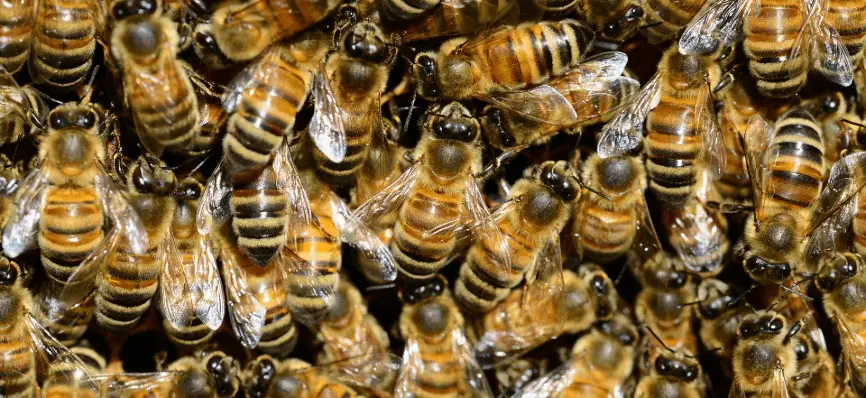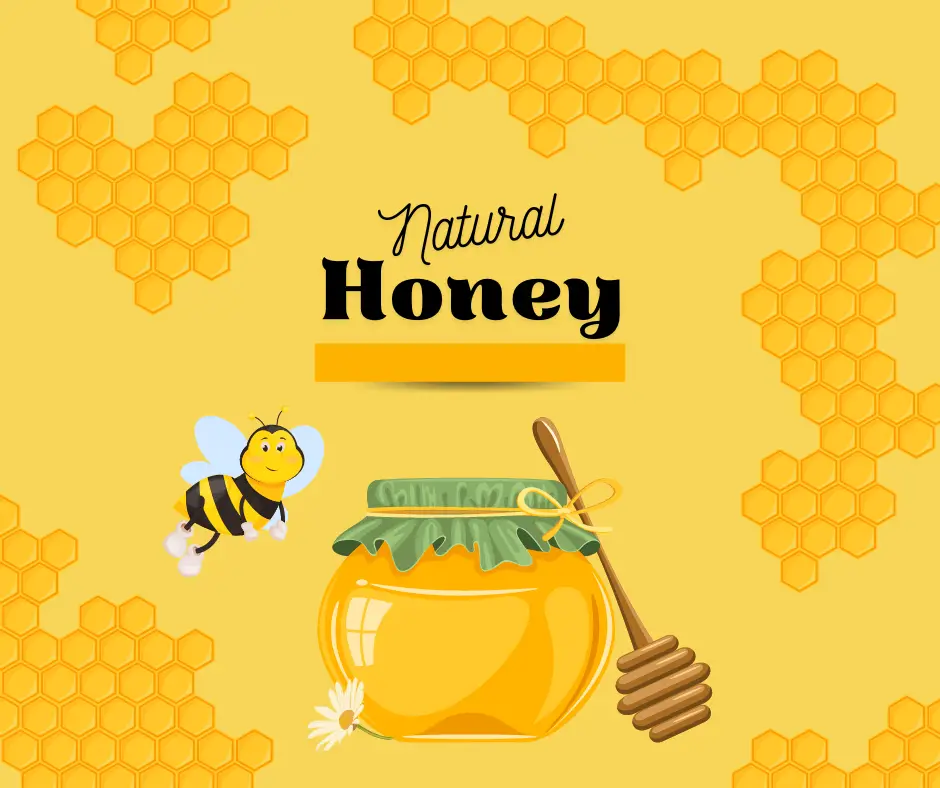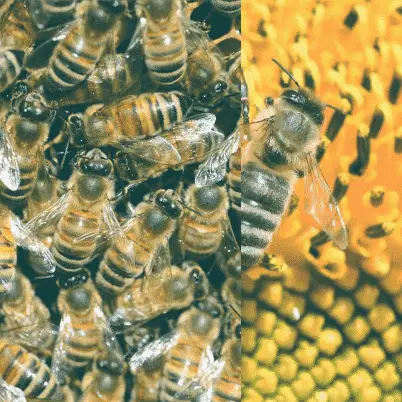Amazing Manuka Honey Wound Benefits

Manuka Honey and Wound Healing
Regardless of your nursing specialty, the majority of nurses has cared for wounds. Over the past two years, the number of wound care products has exploded.
When I became a nurse almost thirty years ago, the majority of the dressings were wet-to-dry, including surgical dressings.
Today, wounds are now considered a nursing specialty. There are hundreds of products on the market. In this article, we will discuss the benefits of honey in wound healing. In this article, we will discuss the benefits of Manuka Honey.
Related Articles
Manuka honey for irritable bowel syndrome
Where to Get Manuka Honey?
Whol medical abbreviation
Best transport wheelchair
Amazing Manuka Honey Wound Benefits
Honey is obtained from nectar that is modified by the honeybee. Honey has been used for hundreds of years for its various health benefits. Different types of honey such as Manuka honey, Medihoney, Tualang honey, and Gelam honey has all been found to have similar properties.
Manuka honey comes from New Zealand. The Manuka tree produces Manuka flowers. Bees pollinate the Manuka flower and make the honey.
The honey can only be cultivated for 2–6 weeks per year.
Manuka honey has its potent medicinal properties because of the nectar of the Manuka flower.
Types of Wounds Manuka Honey is Used For
- Burns
- Non-healing Wounds
- Diabetic Wounds
- Venous stasis wounds
- Pressure ulcers
- Boils
- Non-healing surgical wounds
- Radiation burns
- Trauma Wounds
Properties of Manuka Honey
Manuka honey has been shown in research to have anti-inflammatory properties, antibacterial properties, and antioxidant properties.
Antibacterial Properties of Manuka Honey
Since the beginning of time, honey has been used for its antibacterial properties. There are several reasons why Manuka honey has an antibacterial mechanism.
First, honey has a high sugar content which prevents bacteria growth Second, Manuka honey has osmotic properties which prevents the growth of bacteria. This action promotes healing.
Manuka honey has hydrogen peroxide activity that is constantly being produced by enzymes in the honey.
Manuka honey is also a debriding agent. Therefore, it is an excellent agent to use for grafting purposes. Manuka honey also increases the rate of graft acceptance.
Honey works in different ways than antibiotics.

Antibiotics attack the cell wall of the bacteria, whereas honey dehydrates the bacteria because of its hyperosmolar properties. These properties allow honey to debride quickly, and neutralize any odor.
Anti-inflammatory of Manuka Honey
Honey has anti-inflammatory properties even when there is no infection present.
Manuka honey reduced the white blood cells in the wound. We know that increased white blood cells are a sign of inflammation.
When wounds are inflamed, they have increased drainage. Therefore, when Manuka honey is applied to the wound bed, there is decreased swelling and decreased drainage.
Inflammation also causes pain. Therefore, Manuka honey decreases pain to the wound bed. Honey stimulates granulation and epithelialization.
Antioxidant Properties of Manuka Honey
The antioxidant properties and the bacterial properties of Manuka honey are due to the phytochemicals. Phytochemicals are chemicals produced by plants that are beneficial to human health. Phytochemicals are produced in plants such as fruits, vegetables, and legumes. The different types of phytochemicals are:
- Carotenoids
- Polyphenols
- Flavonoids
- Lignans
- Resveratrol
Other Manuka Honey Wound Benefits
The following are distinct qualities of honey based on evidence:
- Honey provides a protective barrier to the wound.
- Honey clears out antibiotics resistant bacteria
- Removes odor from the wound
- Minimizes trauma to the wound because honey does not adhere to the wound
- Less need for surgical debridement
The Evidence for Manuka Honey
Professor Molan of Waikato University was the first to report on the health benefits of Manuka honey. In the mid-1980s, Professor Molan began to test the honey for its antibacterial properties.
Although Professor Molan knew that Manuka Honey in small concentrations killed bacteria, he was not sure of the etiology. We know that bacteria cannot survive in an environment of high sugar and low pH. Manuka honey has both of these qualities.
In research studies when Manuka honey was placed on several bacteria species, they irradicated every one of them. These particular species were:
- Staphylococcus aureus
- Streptococcus agalactiae
- Pseudomonas aeruginosa and
- Enterococcus faecalis
Manuka honey is especially effective on those bacteria that have biofilms. Some bacteria create biofilms around them to “protect” themselves from danger i.e antibiotics. Biofilms are ‘slimy” coatings that surround bacteria. Bacteria live in “communities”, and they create a matrix around them. Manuka honey is able to penetrate biofilms of bacteria.
According to the Wound Ostomy and Continence Care Society, biofilms have been shown to be resistant to standard antibiotic treatment and topical antibiotic therapies.
Although Manuka honey has been used in traditional healthcare settings, it has not been accepted into mainstream medicine. However, wound care centers use honey products readily as a wound care product with excellent results.
Perhaps mainstream medicine has not accepted Manuka honey as a standard treatment because it is still not known definitely how this honey heals wounds. Honey is used extensively in alternative medicine or natural medicine.
Conclusion
Studies have shown that Manuka honey has healed wounds and challenges where traditional treatments have failed. There have been a plethora of studies done with
Although researchers have not been able to pinpoint the exact reason that Manuka honey works to heal, researchers have been able to produce positive outcomes in every study using Manuka honey. As nurses, have you used Manuka honey in your practice? If so, please contribute to this discussion by leaving your comments below!
`
Phyllis Robinson MSN, RN is a Registered Nurse of 27 years. Phyllis is passionate about the prevention and healing of heart disease using traditional and alternative methods. She has experience in emergency room, telemetry, infusion, and critical care. Phyllis currently practices in an intensive care unit.








